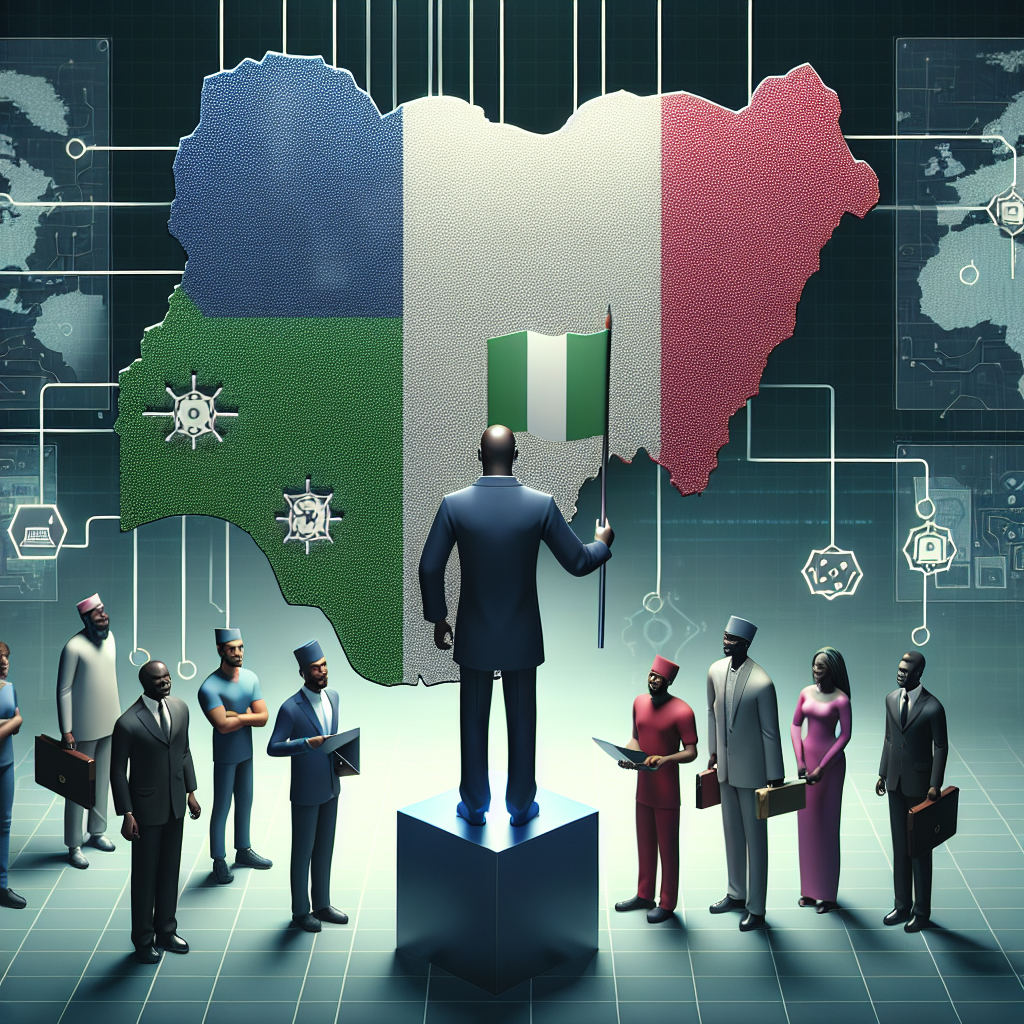Cybersecurity in Nigeria has reached a pivotal moment, with leaders in the financial and security sectors calling for urgent and united action to combat the escalating threat of cybercrime.
At the recent annual conference of the Committee of Chief Information Security Officers of Nigerian Financial Institutions (CCISONFI), industry experts and stakeholders gathered in Uyo, Akwa Ibom State, to address the critical issue of cyber resilience. The event, themed “Cyber Resilience in a Disruptive World”, highlighted the necessity for collective responsibility in safeguarding Nigeria’s digital future.
The Call for Collaboration
Mr. Festus Amede, Chairman of CCISONFI, emphasized that cybersecurity cannot be an afterthought; it must be woven into every aspect of organizational planning, from design frameworks to boardroom strategies. He stressed the importance of multi-stakeholder engagement involving financial institutions, security agencies, policymakers, and educational bodies. Continuous training and upskilling of personnel are vital in staying ahead of evolving cyber threats, while institutions must consistently update their cybersecurity policies and protocols to counter new attack vectors.
Cyber Resilience: A National Imperative
The conference underscored that cyber resilience is now a non-negotiable requirement for any modern organization. Mr. Musa Jimoh from the Central Bank of Nigeria warned that breaches in financial and military data could undermine national sovereignty. Bello Hayatudeen from the National Cybersecurity Coordination Centre reinforced the need for unified efforts across different sectors to build robust defenses. Dr. Vincent Olatunji of the Nigeria Data Protection Commission highlighted that, in 2025, cyber threats have surged to unprecedented levels, challenging organizations’ ability to protect sensitive data.
The Human Element: Education and Reporting
Education emerged as a cornerstone in building lasting cybersecurity. Introducing cybersecurity studies into Nigeria’s curriculum will nurture a generation of digital defenders equipped with the knowledge and mentorship needed for future challenges. Meanwhile, law enforcement urged transparency and cooperation: the Nigeria Police Force Cybercrime Centre encouraged CISOs to promptly report all cyberattacks, including insider threats. Enforcement successes in 2024 included over 500 reports handled, more than 750 suspects arrested, and ₦8.8 billion recovered from cybercriminals.
Technology’s Double-Edged Sword: Opportunities and Risks
Emerging technologies like artificial intelligence (AI) present both opportunities and challenges for Nigerian organizations. While AI can drive productivity and automation, it also introduces risks such as misuse, data breaches, and algorithmic bias. Cybersecurity strategies must evolve to counteract sophisticated AI-driven attacks. Experts warned that many organizations remain vulnerable due to outdated security protocols, underscoring the need for ongoing vigilance, monitoring, and validation to defend against both external breaches and internal sabotage.
Continuous investment in secure technology infrastructure and awareness of rapidly evolving digital threats are critical. Organizations are advised to develop adaptive defense mechanisms to respond to emerging risks posed by new technologies.
Key Takeaways for Cybersecurity Stakeholders
To stay resilient in a disruptive digital environment, Nigerian organizations should focus on building strong inter-organizational partnerships, investing in continuous training and upskilling for staff, establishing clear channels for incident reporting and response, embracing responsible innovation with new technologies like AI, and prioritizing early cybersecurity education to foster future talent.
Collaboration remains essential; the collective efforts of financial institutions, security agencies, regulators, educators, and technology innovators are vital in defending Nigeria’s digital infrastructure against ever-evolving threats.
Strengthening Nigeria’s Cyber Defenses: The Path Forward
The battle against cybercrime in Nigeria—and globally—demands unity, vigilance, and adaptability. With escalating threats targeting critical sectors, a proactive approach encompassing collaboration, education, and technological innovation is more vital than ever.
By heeding the calls from cybersecurity leaders and experts at forums like the CCISONFI conference, Nigeria can bolster its defenses and chart a safer path forward for its digital economy. Stakeholders must remain vigilant and adaptive to keep pace with technological advancements and emerging threats.
For additional insights on these developments and further resources on strengthening cybersecurity frameworks, organizations are encouraged to pursue cross-sector partnerships and ongoing educational initiatives.
To read more about these important discussions and recommendations, visit the full article here.
Stay safe in cyberspace.









Leave a Comment